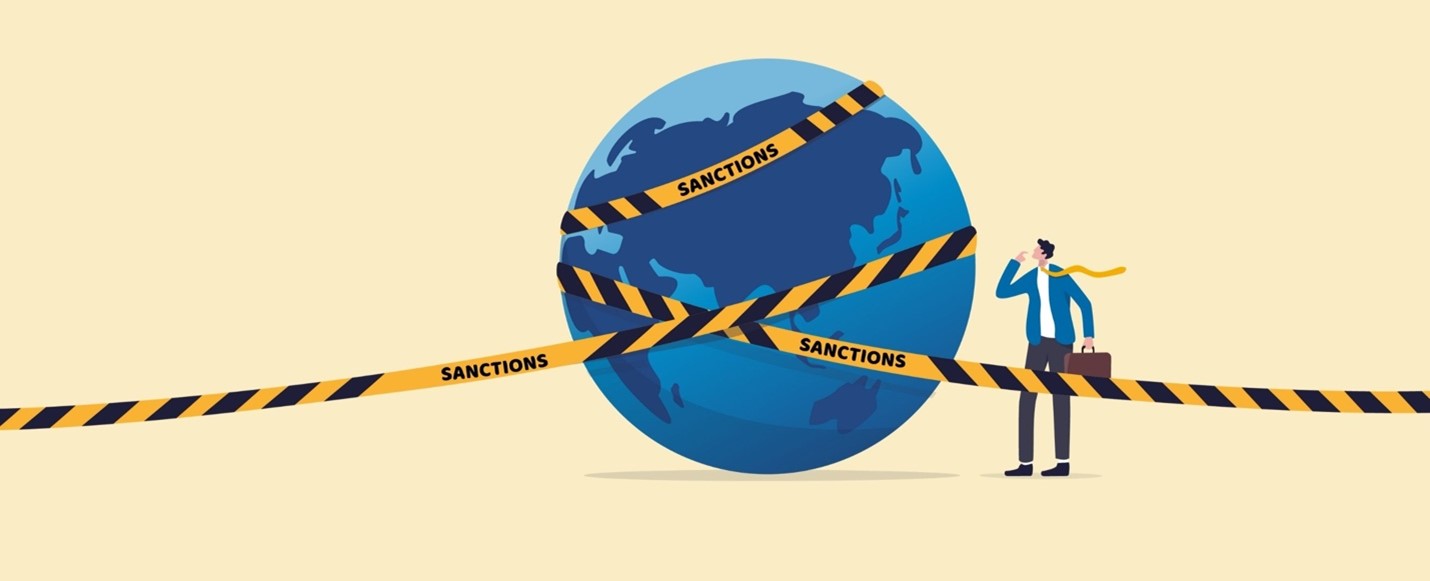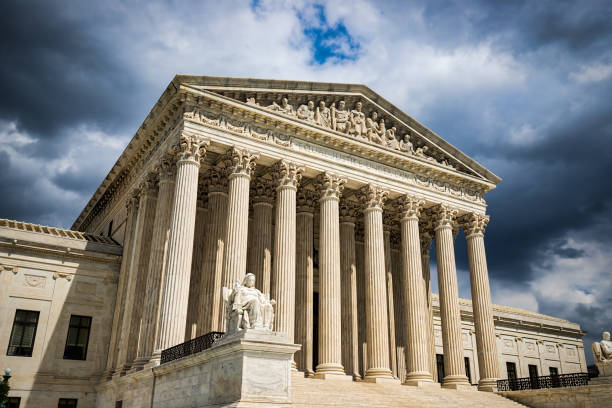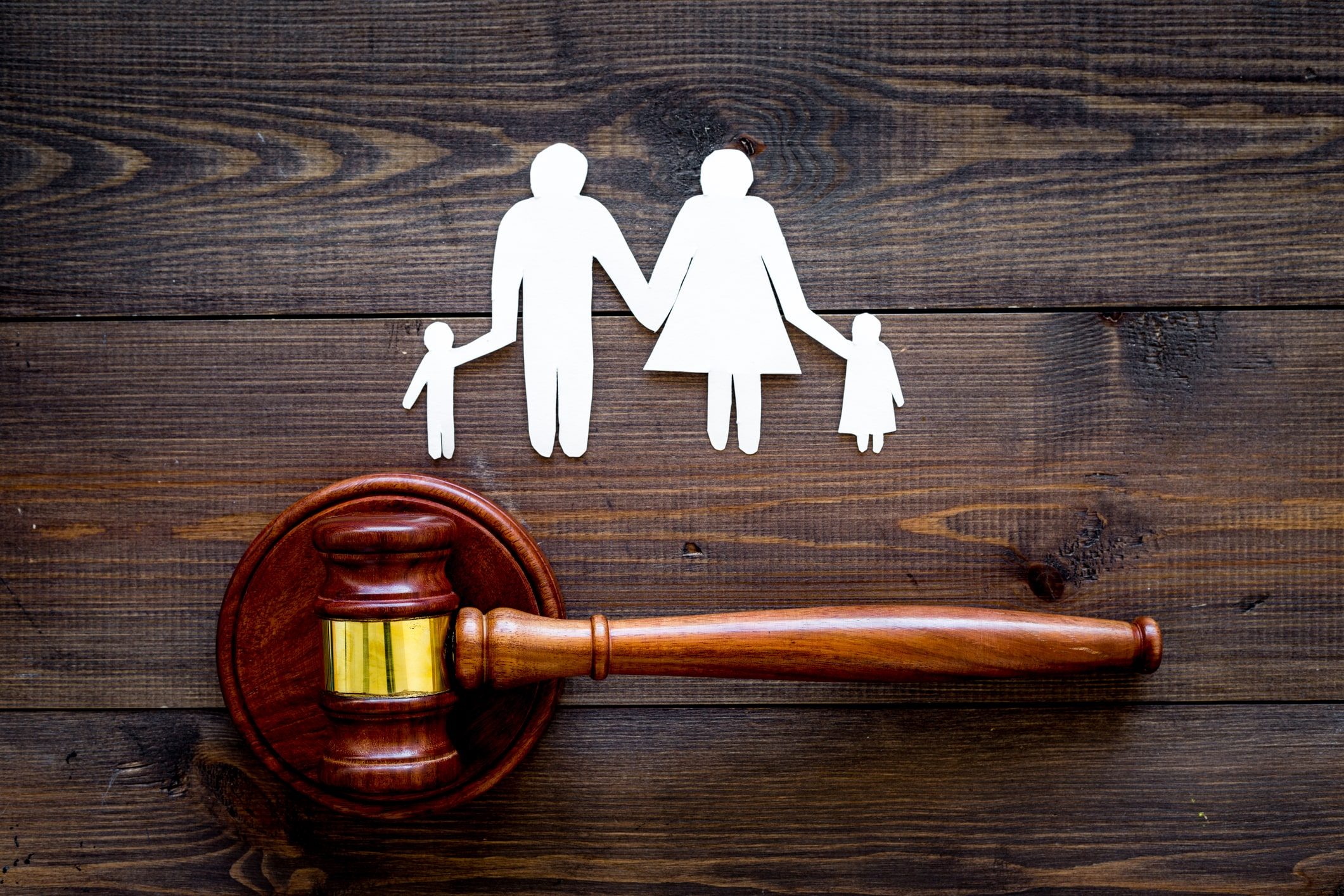
Access to Justice and the Overworked Public Defender
By Kaitlyn Grant The Sixth Amendment guarantees defendants the right to counsel when being tried for a crime.[1] As part of the United States court system, defendants are appointed an attorney by the court if they are unable to afford one on their own.[2] This court-appointed attorney serves an important role in the assurance that a defendant can use the protections provided to him by … Continue reading Access to Justice and the Overworked Public Defender






